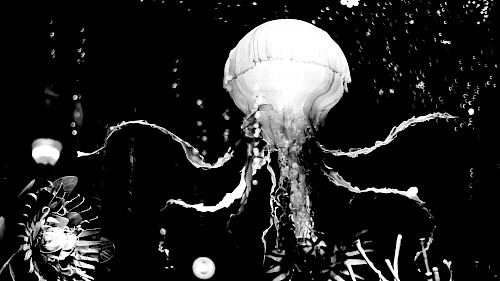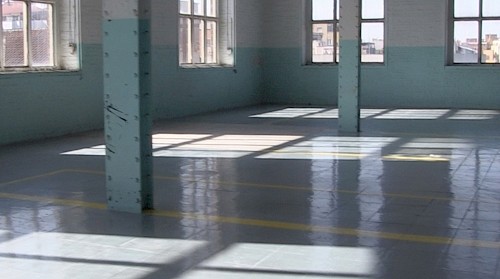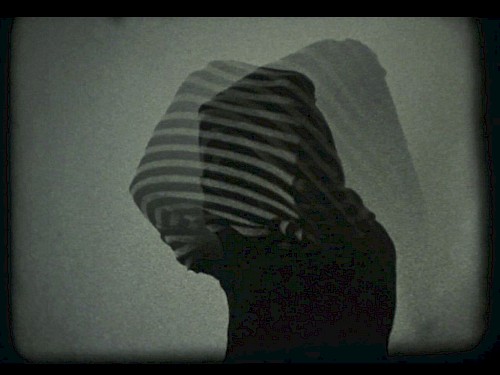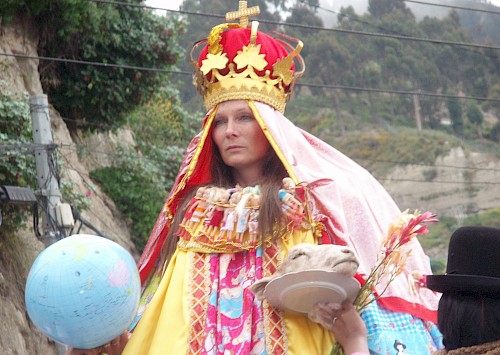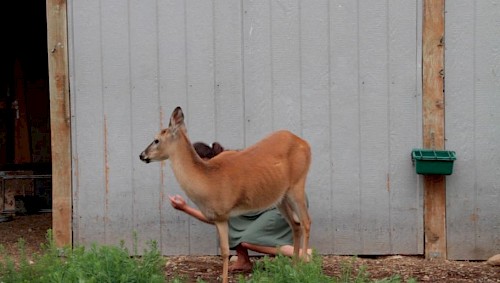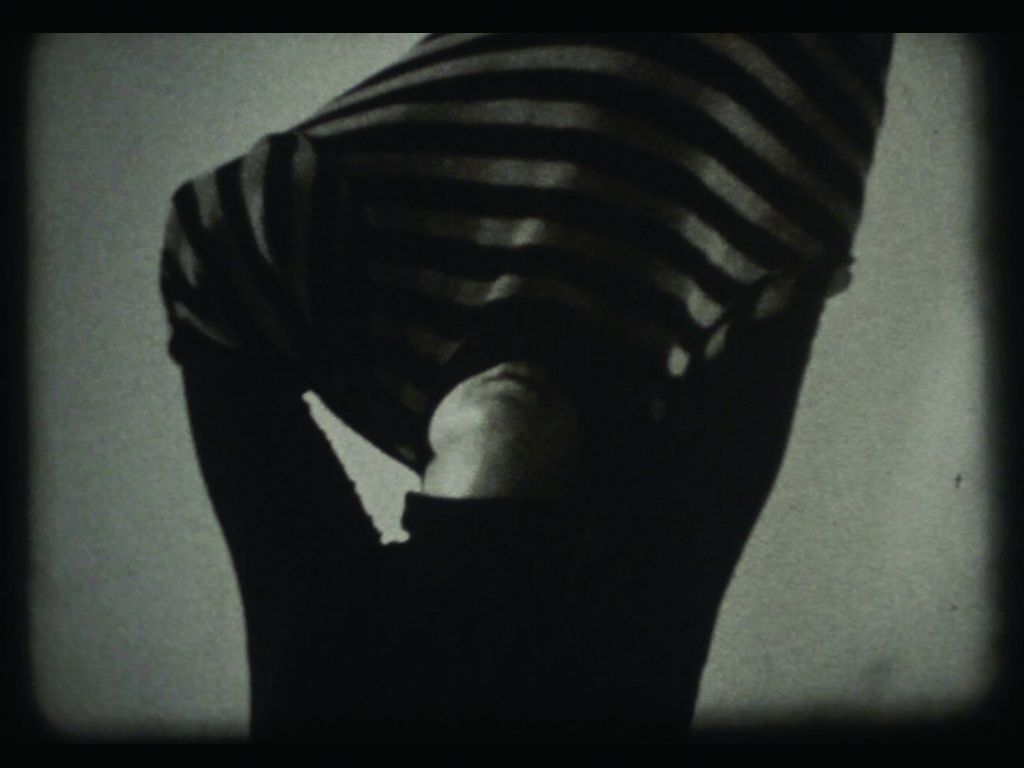“By looking back and forward (to the future-past), we can walk in the present-future. This is the translation of “Qhipnayra uñtasis sarnaqapxañani”, an Aymara aphorism that the Bolivian sociologist Silvia Rivera Cusicanqui uses to allude to the rereading of official history in order to decolonize it. This is based on a deep desire to find one’s own memory, to formulate alternative histories that refer us to the plurality of meanings that history can have, depending on the subjects who make history and those who tell it. Sharing our stories as women filmmakers allows us to correct the gaps, erasures and misunderstandings of hegemonic audiovisual history written from a patriarchal and Western perspective. How does the very practice of memorialization and rewriting lead us to the formation of a self-awareness and identity that is political?
These films by Latin American women filmmakers offer a particular backhanded history that questions the Western and white imprint of classical feminism that has rendered black, indigenous, and queer women invisible. Previously considered third world women, these Latinx women filmmakers acquire the quality of subjects of their own history, a writing that breaks the unity of facts around a continuity and directionality.
With these ruptures, a multiplicity of possible directions emerges. We speak of a decolonial cinema that proposes a new engagement with the audiovisual, that opens the space to questionings that have often been repressed, omitted or suppressed. The idea of “woman” as a homogeneous and universal category that shares the same oppression is no longer accurate: defining feminism solely in terms of gender assumes that our consciousness of being a woman has nothing to do with race, class, nation or sexuality. Working from intersectionality allows us to have a re-reading of history, modernity, its coloniality and patriarchy.
The use of the “x” in Spanish replaces any grammatical mark that designates sex. The language of objectivity is a language of power, this makes us think that the problem of colonization of non-European worlds and generalization produce effects of a-historical homogeneity. The idea of a counter-cinema, with a backwards glance, would then allow an exploration of the subjectivity of women, of their glance and their desire. This cinema becomes the support in which new political identities are forged, a space of struggle and contestation of the reality itself.
In Latin America, black, indigenous and white women have very different histories regarding the particular legacy of the Euro-American hegemony after the fifteenth century; namely the legacy of slavery, forced migration, indentured labor, colonialism, etc. Thus, the narratives we present in this program focus on specific sites and histories of struggles of peoples of color and postcolonial peoples.
Moreover, this effort to deconstruct the heteropatriarchal and colonial gaze is linked to the category of species as a category of oppression. Species, as a socio-cultural construct, marks the separation between human and non-human animals based on a system of speciesist domination. The non-membership to the human species is the result of an anthropocentric vision that excludes the non-human bodies, in a border that expels them from what is considered “respectable”.
Spatiality also occupies a very important place here because it highlights the movement, dislocations, borders, crossings, mobility and uprooting.
—
Inés Lopez
Inés López is a Uruguayan filmmaker based in Paris.
Her research project at the University of Paris 8 Vincennes - Saint Denis in the master’s programme Theory, Aesthetics and Memory of Cinema, is about the construction of a decolonial feminist cinematographic memory in Latin America. Her personal work is related to film and its experimentation as well as to feminisms, fabulation and memory. Since 2010, she is part of the cinema laboratory of the Contemporary Art Foundation (Montevideo, Uruguay).
